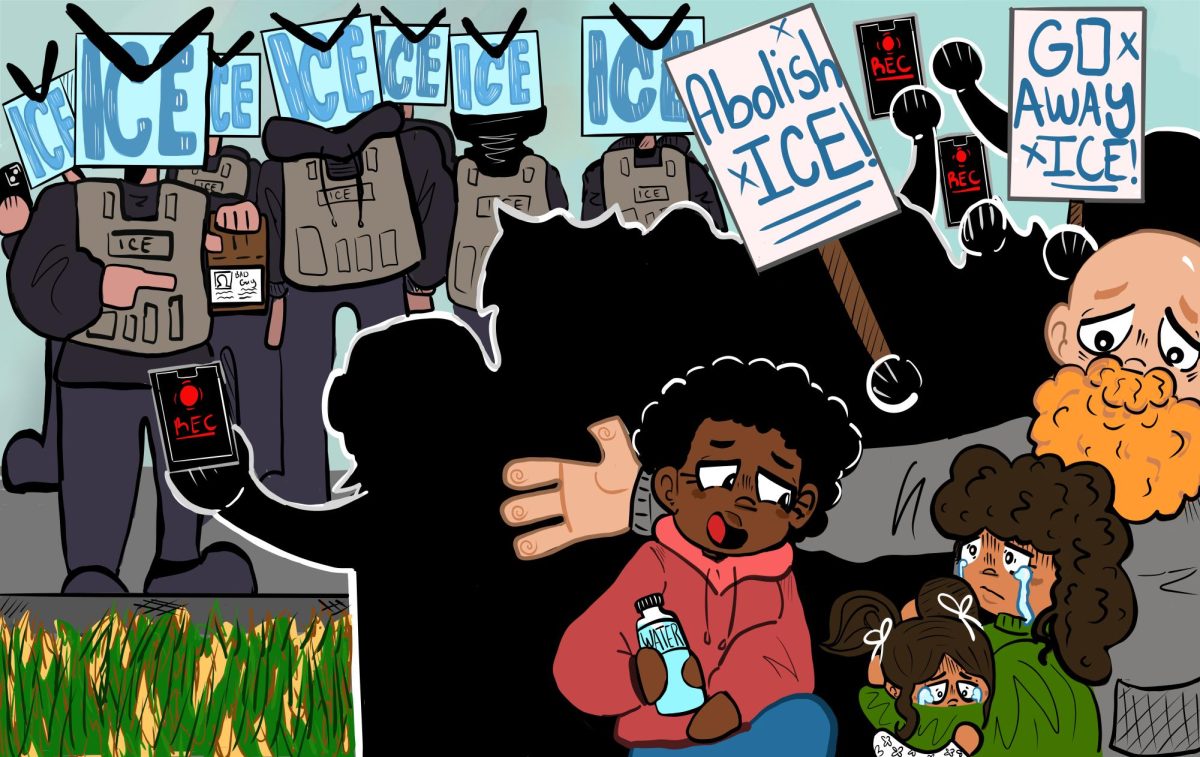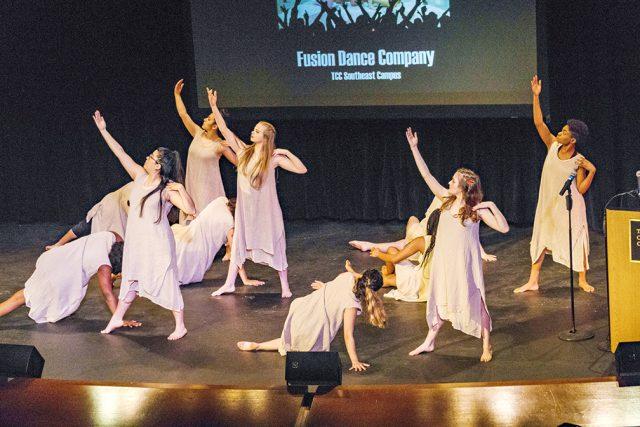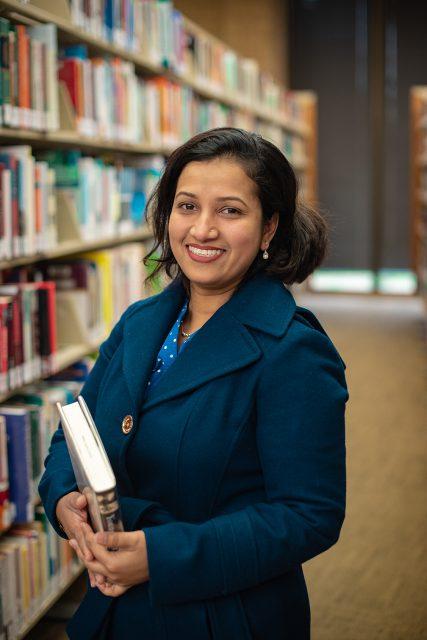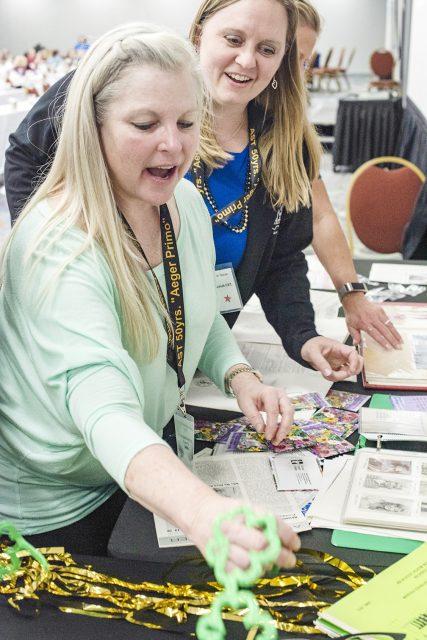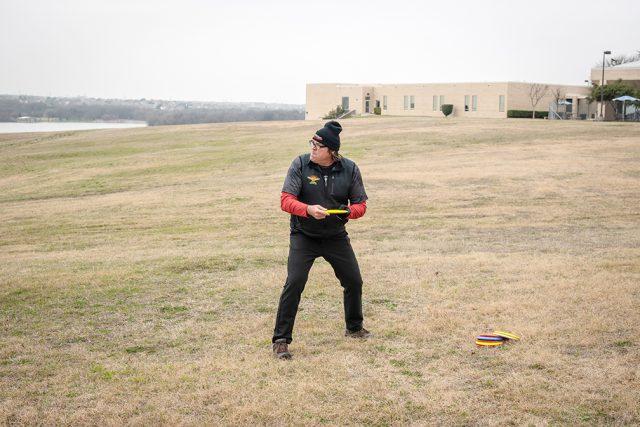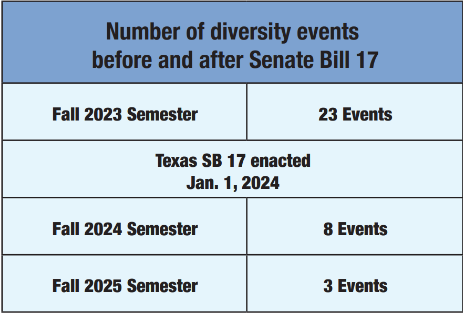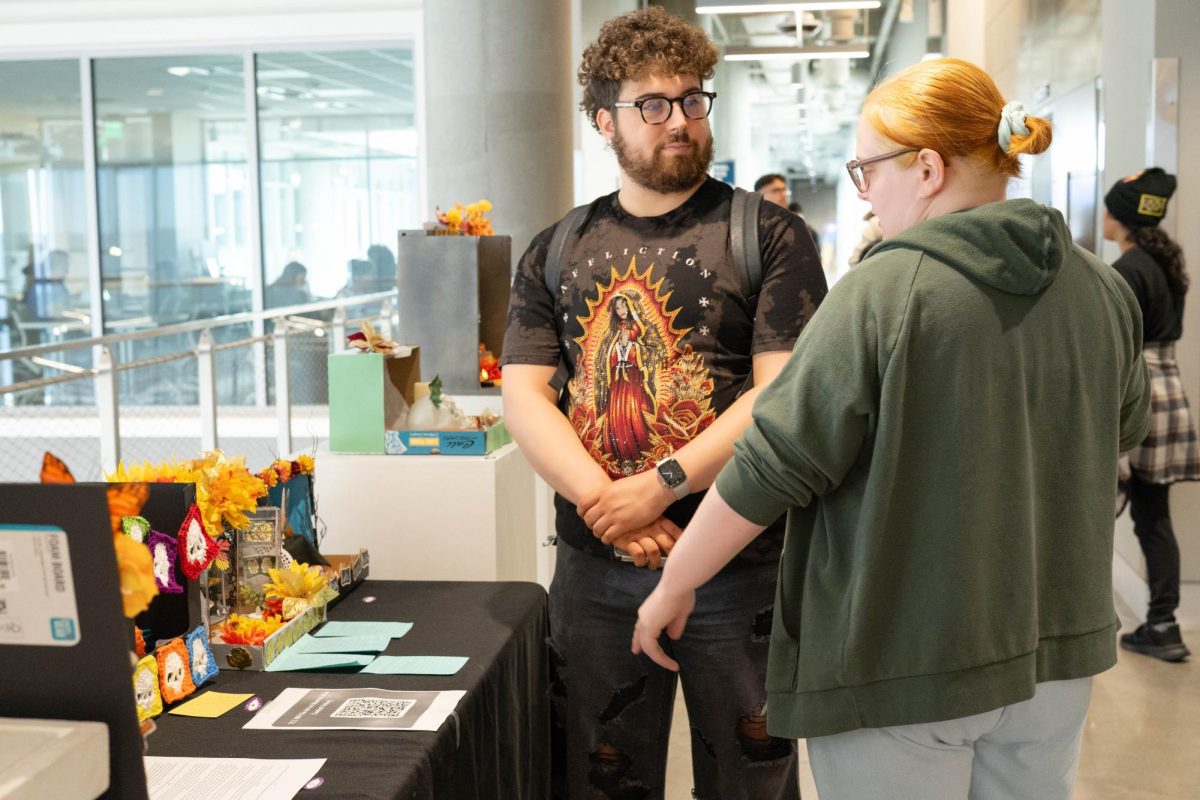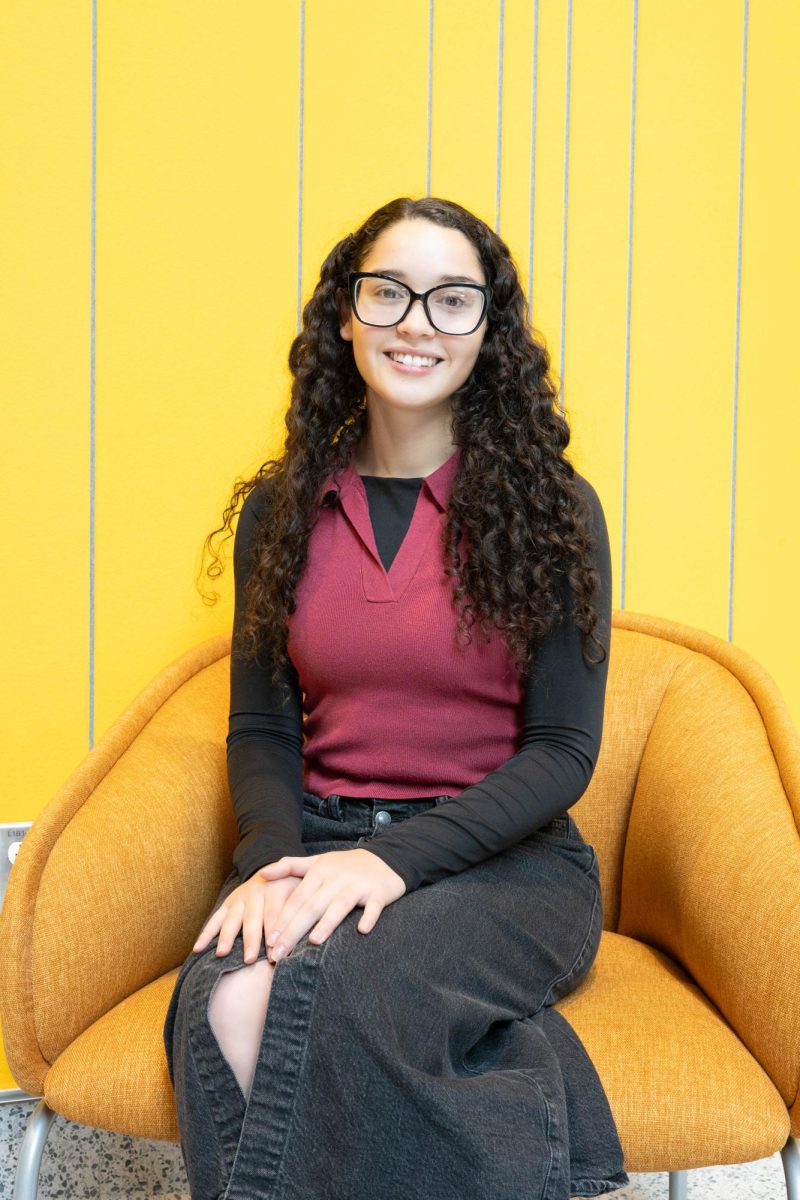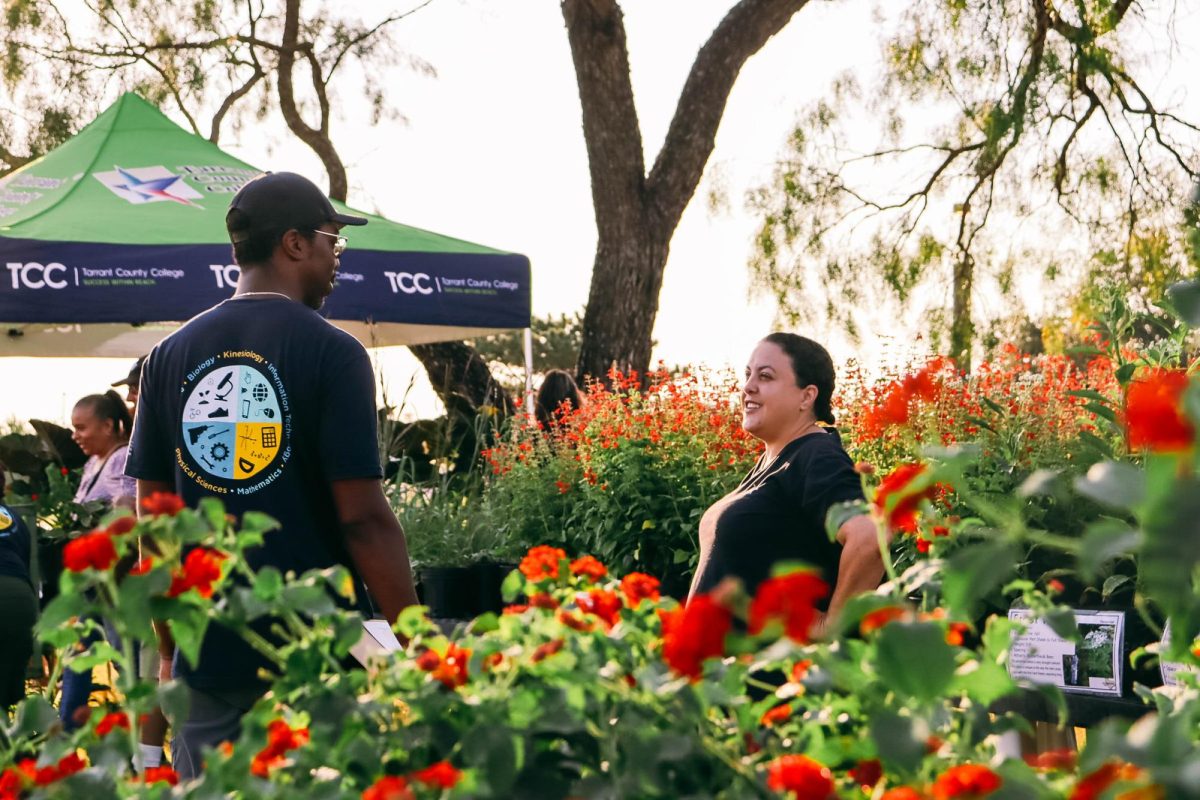By Gabriel Burnaman/reporter
A 3D-printing showcase at NW offered insights about what kind of technical and social skills employers will seek from students entering the workforce in coming decades.
The event was the first of the NW information technology department’s new Monthly Mashup initiative, which features technologies that are becoming common in many fields. Volunteers manned a desk with a 3D printer on it in WSTU hallway where they discussed the technology with passing students.
This week’s showcase promoted two courses offered by the IT department: business computing applications and introduction to computers.
“Really, our Monthly Mashups are just to bring some awareness to different things in the department,” said NW learning lab manager June Relyea, who also helped put the Mashups together. “We’re hoping to promote technology as an interesting field.”
Both Relyea and NW computer science instructor Joan Shriver said students entering the tech scene face a shortage of “soft skills,” which employers are hungry for.
The classes promoted by the Monthly Mashups build critical thinking, data comprehension and teamwork skills.
“Being able to write a sentence is great. I got it,” Shriver said. “But if you don’t have critical thinking skills [and] if you can’t think your way through a problem or figure out how to solve a problem if you’re given one, you can’t ask somebody for the answers.”
Shriver said she expects the 3D-printing technology to make its way into education, art, manufacturing, food production and more.
“I think you’re going to see 3D printing everywhere,” she said.
Sarah Bird, whose interest comes from her crocheting, eyes it as a creative tool.
“There are many patterns you can do on the 3D printer,” she said. “I think it’s really cool that you can do something with technology to make something that’s really old and fancy.”
NW student Andrew Nguyen has an upcoming project to print a model of a smart room. Smart homes use networked devices to provide a nearly autonomous, comfortable experience to dwellers, he said.
He can accomplish this in miniature with TinkerCAD, a modeling application and LittleBits, a beginner’s electronics kit.
“I was surprised that we have this project, he said. “Without this project, it would be Microsoft Office, learning Word, Excel, Access [and] PowerPoint.”
Monthly Mashups will continue for the rest of the semester, with the next to be held March 27 to showcase robotics.











